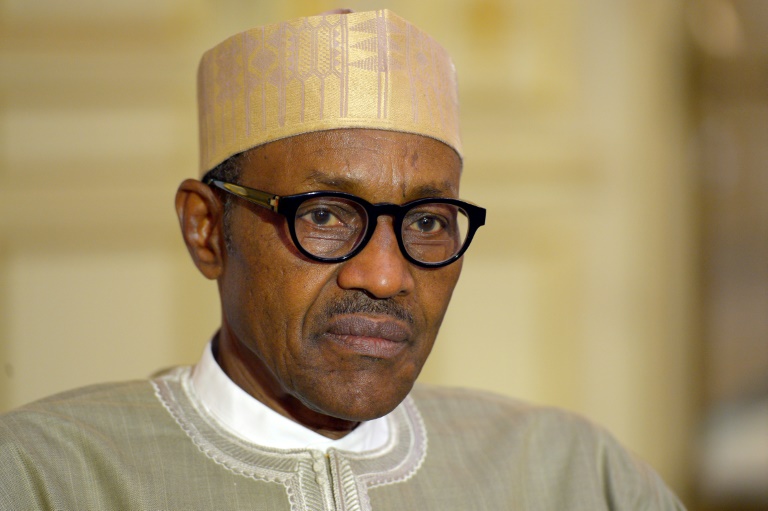Driver crashes into six trucks and five other vehicles on N3 in Durban
The result of Saturday’s election is unlikely to change anything politically at national level but proceedings are being watched closely because of what analysts have said are “unprecedented” measures to stop unrest.
Nigeria’s federal police said it is sending 26,000 extra police officers, including counter-terrorism and bomb disposal specialists, sniffer and attack dogs.
Three surveillance helicopters will monitor proceedings from the air, while there will be 10 gunboats on the river Niger, plus 15 armoured personnel carriers and 303 patrol vehicles.
Police said the measures were “to ensure adequate security and safety of lives and properties before, during and after the elections”.
“Police personnel deployed for the election are under strict instructions to be polite and civil but firm in the discharge of their duties and other responsibilities,” it added.
But the tactics are being seen as heavy handed.
“This is an unprecedented deployment. It’s an aberration. It’s like we are in a war situation. For God’s sake, this is an election,” security consultant Don Okereke told AFP.
“It will be counter-productive as there will be voter apathy, which will lead to low turnout of voters and the election of unpopular candidates.”
– ‘Civil disobedience’ –
Some 37 parties are fielding candidates in Anambra to try to wrest power from governor Willie Obiano, of the All Progressives Grand Alliance, who is seeking a second term.
The leading contenders are Oseloka Obaze, of the main national opposition Peoples Democratic Party (PDP), and Tony Nwoye of the ruling All Progressive Congress (APC).
But Nnamdi Kanu, leader of the Indigenous People of Biafra (IPOB), is the most well-known name as the polls prepare to open.
In September, long-running tensions between his supporters and the military boiled over after soldiers were sent in large numbers to the neighbouring state of Abia.
The military maintained the deployment was part of a scheduled operation against violent crime but IPOB claimed it was clearly aimed at cracking down on their activities.
Kanu, who is on bail and facing treason charges, has not been seen since September 14. His family maintain he is in military custody, which top brass deny.
IPOB has held repeated protests calling for a separate state for the Igbo people who dominate southeast Nigeria, reviving secessionist sentiment that led to a civil war 50 years ago.
Then, more than one million people died from the effects of war, starvation and disease. Resentment towards the federal government has persisted across generations.
Kanu told AFP in May that his aim was “civil disobedience until we get a referendum” on self-determination and said it was “the only way forward”.
– Militarisation –
On May 30, IPOB’s call for a shut-down of shops, schools and businesses to mark the 50th anniversary of the declaration of Biafran independence was widely observed including in Anambra.
It said a boycott of this weekend’s polls was made to prevent bloodshed.
“This is markedly different from stopping the election, which involves physically coming out to disrupt the voting process… violently,” it said in a statement.
It condemned what it said was the “militarisation” of Anambra and claimed that with the reinforcements there would be “one polling station to 11 heavily armed security personnel”.
“This militarisation is the more reason why Biafrans have decided unanimously to stay at home and boycott the election and avoid being shot and killed,” it added.
The police meanwhile have urged voters to ignore the IPOB boycott and vote, warning the group that it would “not hesitate to use all legal means” to prevent any disruption.
Dapo Thomas, a history and politics lecturer at Lagos state university, said the government had responded appropriately because IPOB’s call for a boycott was a “threat”.
“The government does not want to take chances. That’s why it has sent special forces, not only to protect those willing to vote but also to flex its muscles,” he added.

The government of Nigerian President Muhammadu Buhari has designated Kanu’s Indigenous People of Biafra as a terrorist organisation
Political analyst Chris Ngwodo said a show of force was to be expected because of President Muhammadu Buhari’s military background and his government’s designation of IPOB as a terrorist organisation.
But he said the situation could become “very combustible” if there is a push-back between the parties against electoral irregularities on either side with IPOB in the mix.
Download our app and read this and other great stories on the move. Available for Android and iOS.